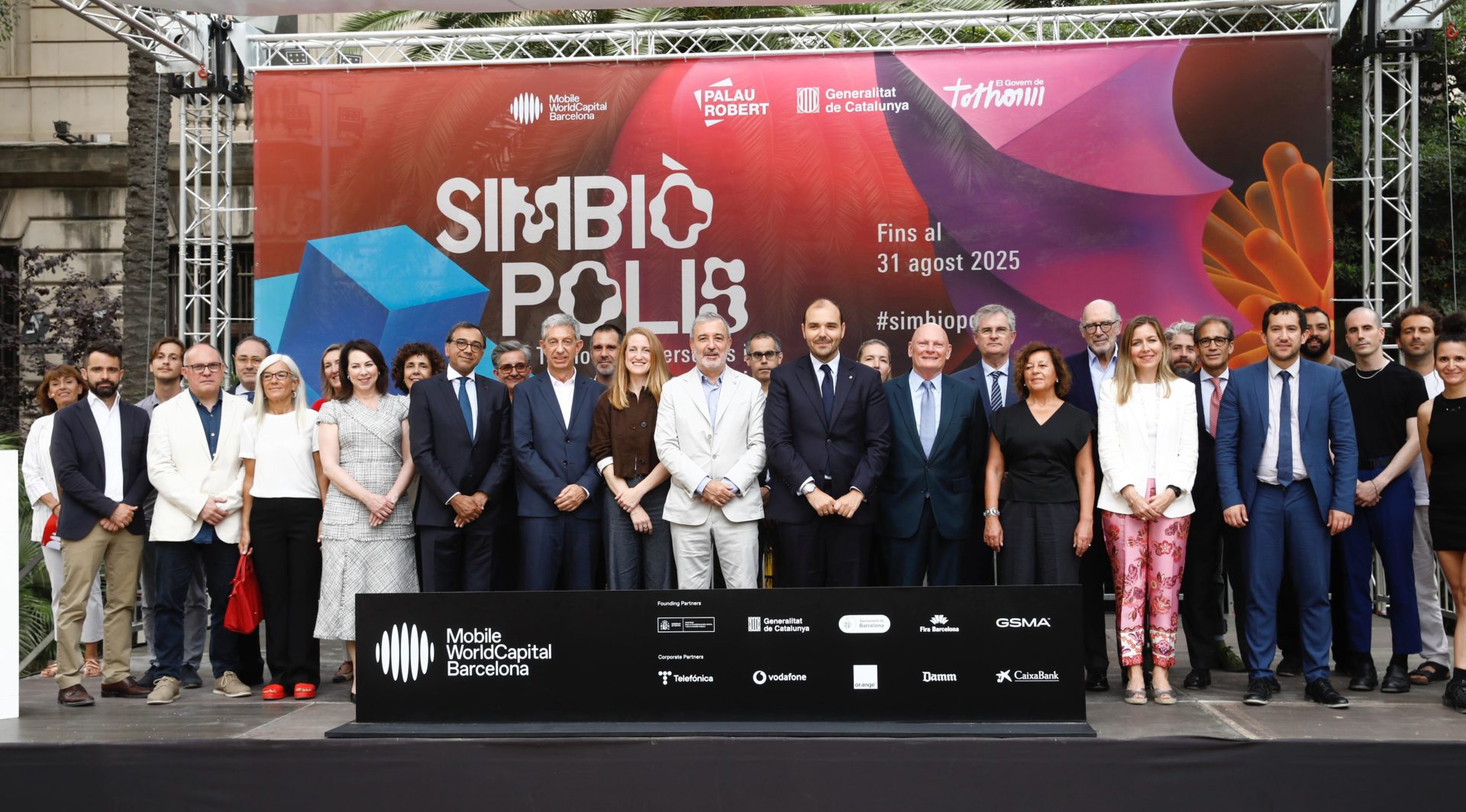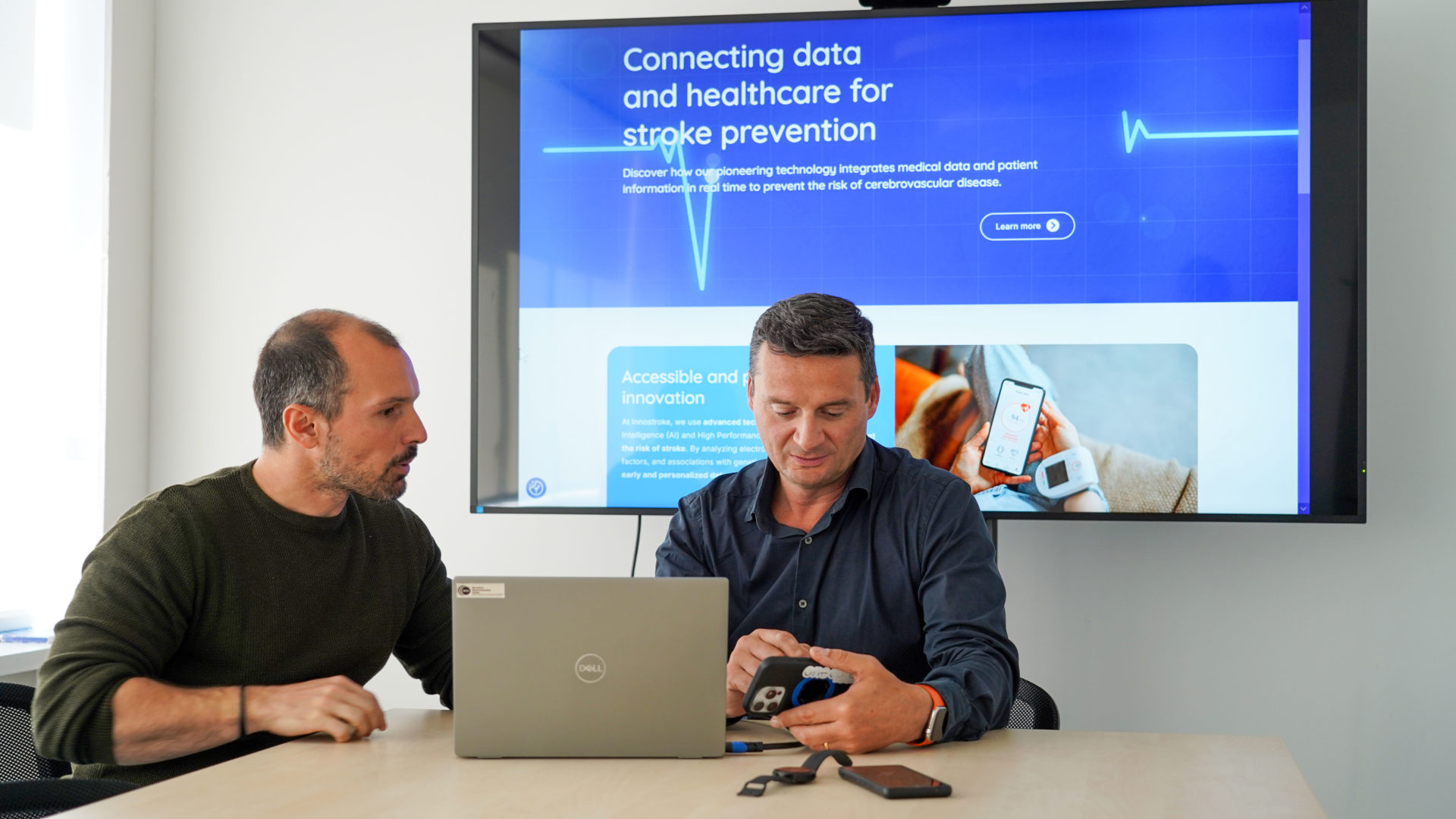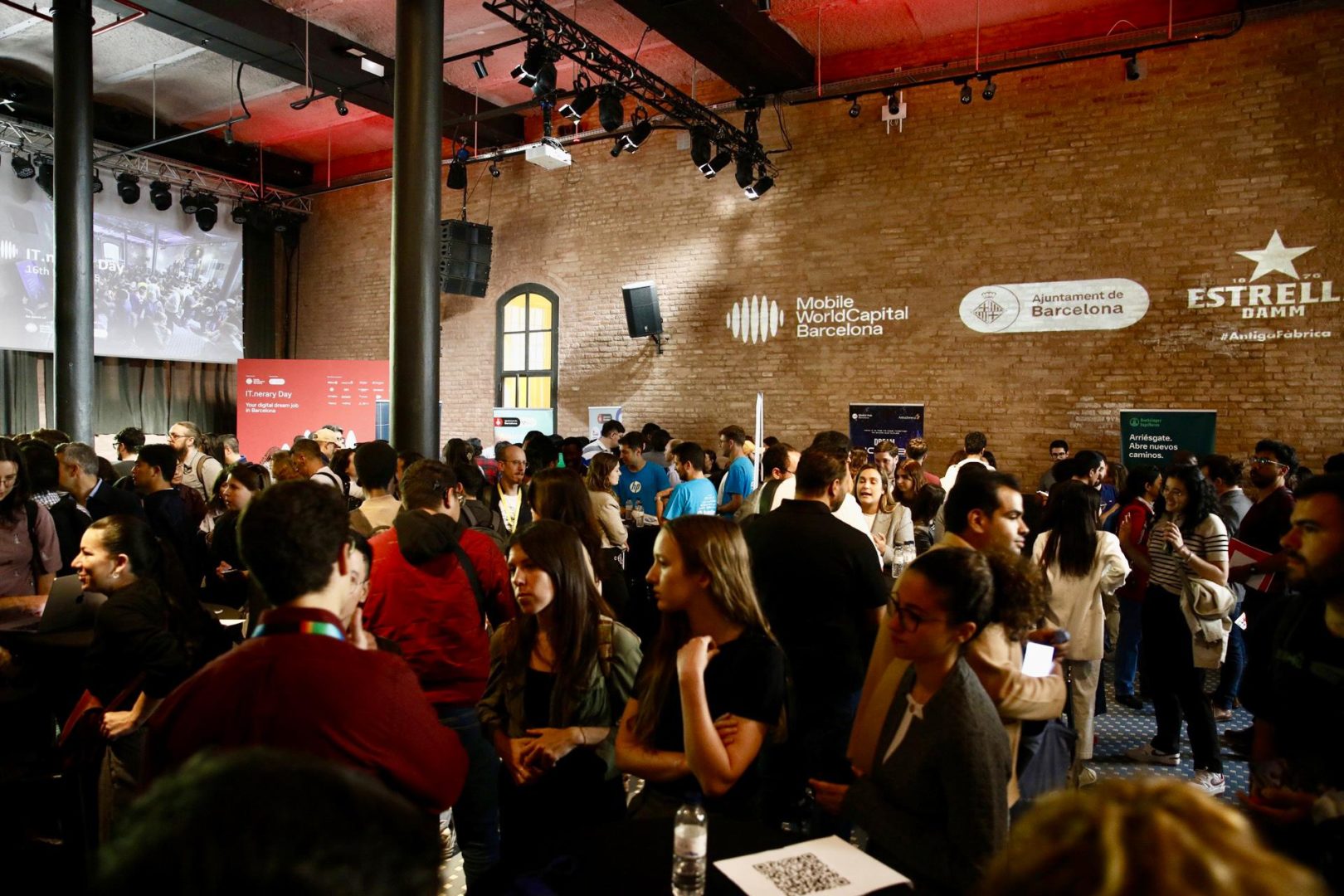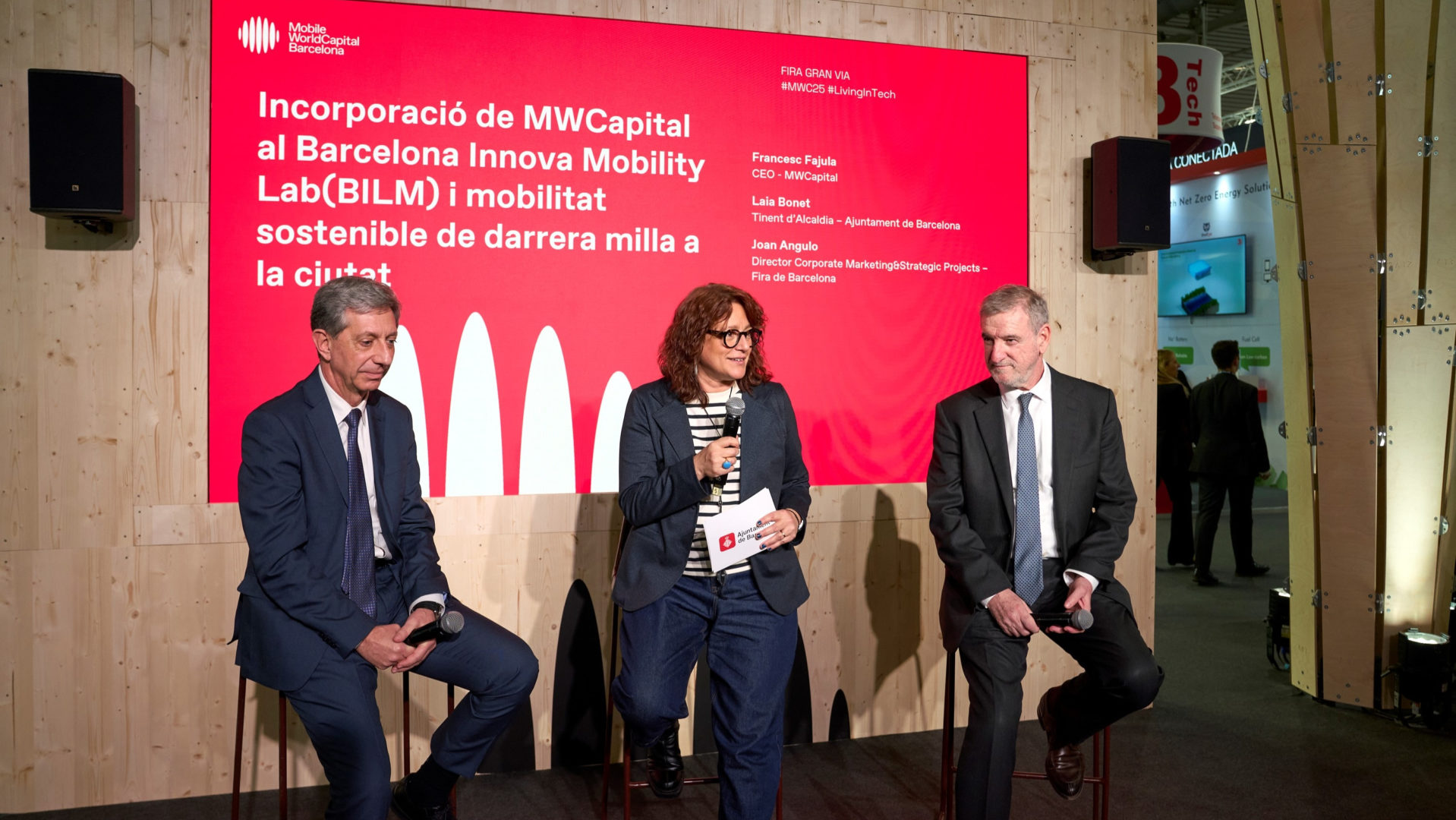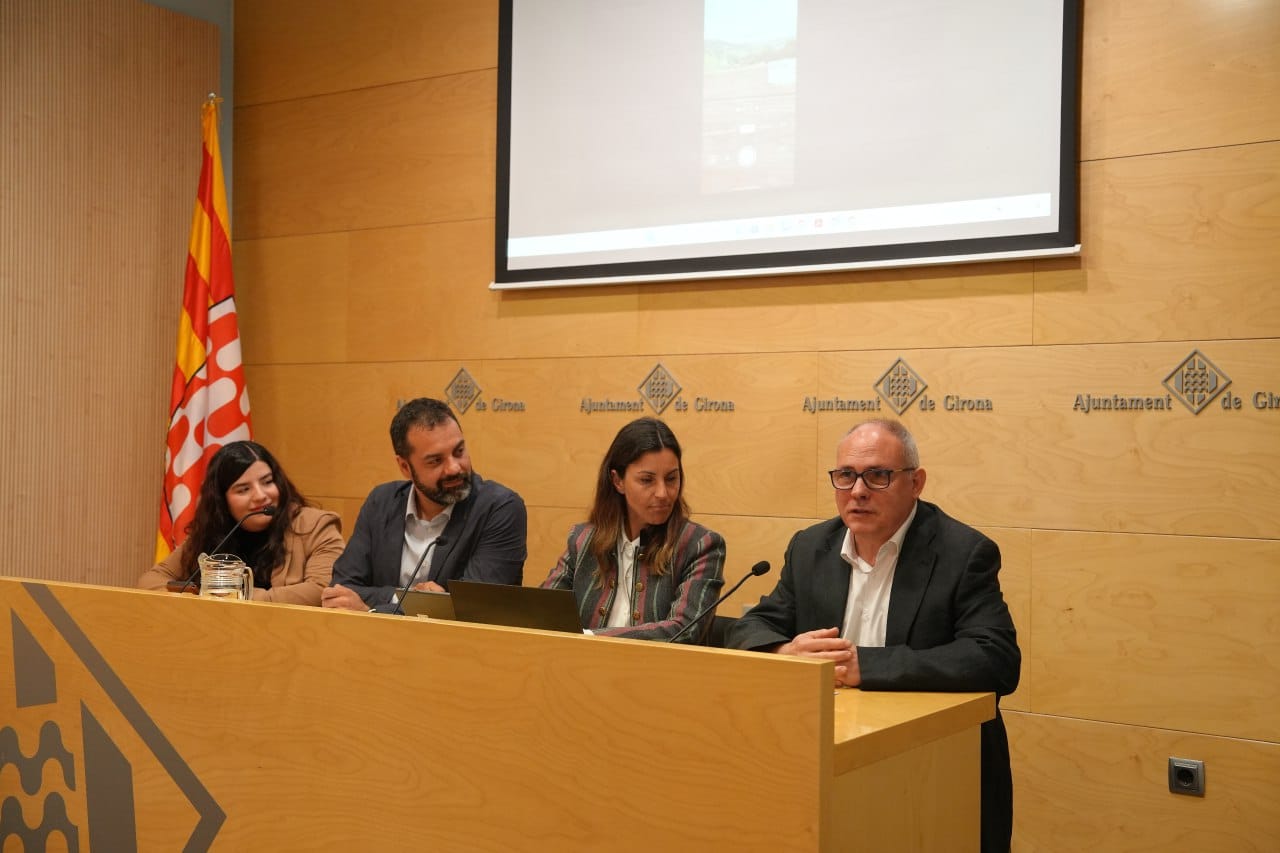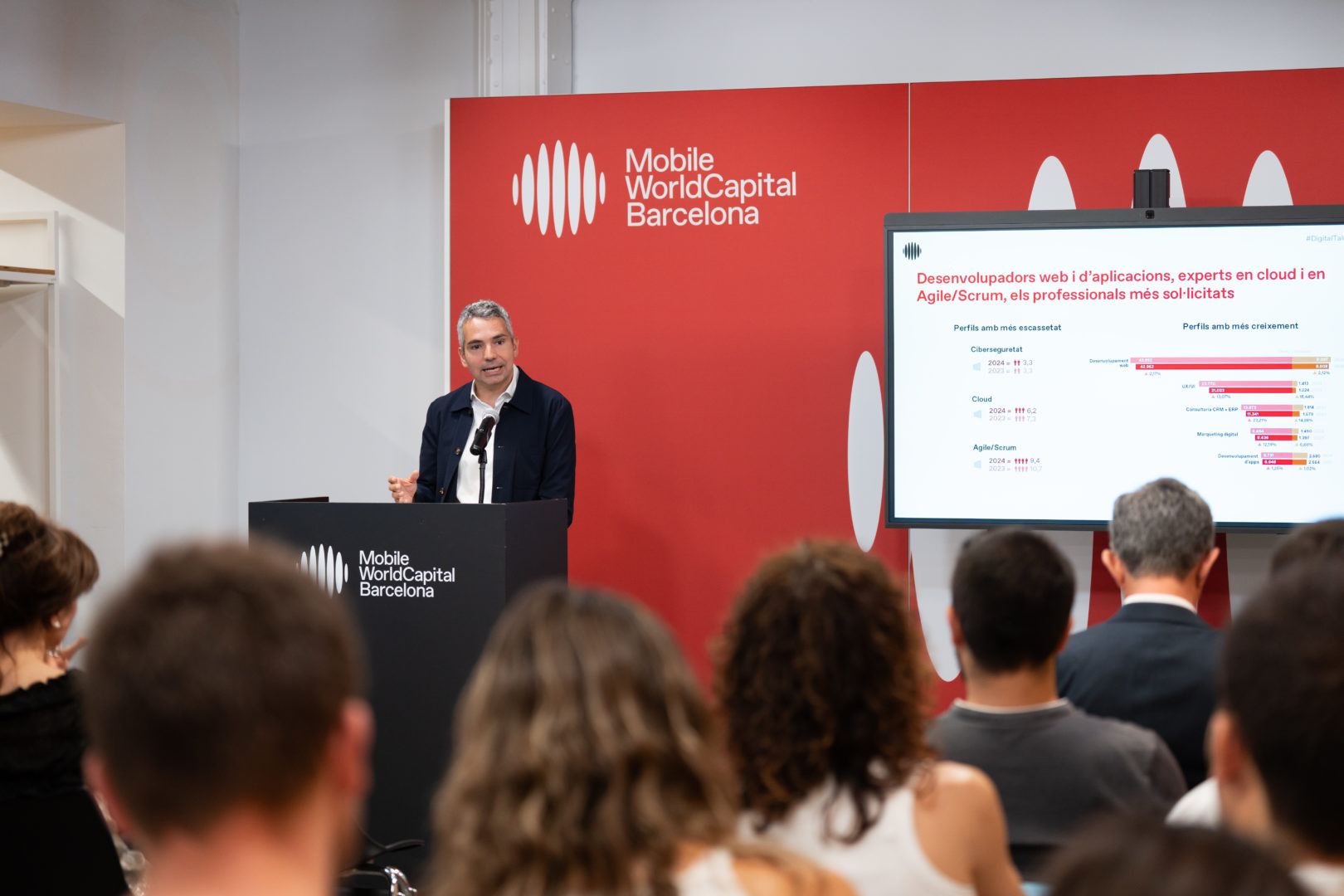

26/June/2025 Barcelona has incorporated 7,423 new digital professionals in 2024, which represents an increase of 6%, according to data from the 7th edition of the Digital Talent Overview report, of Mobile World Capital Barcelona and presented today at a press conference. With these figures, the city reaches 129,608…
Descargar


